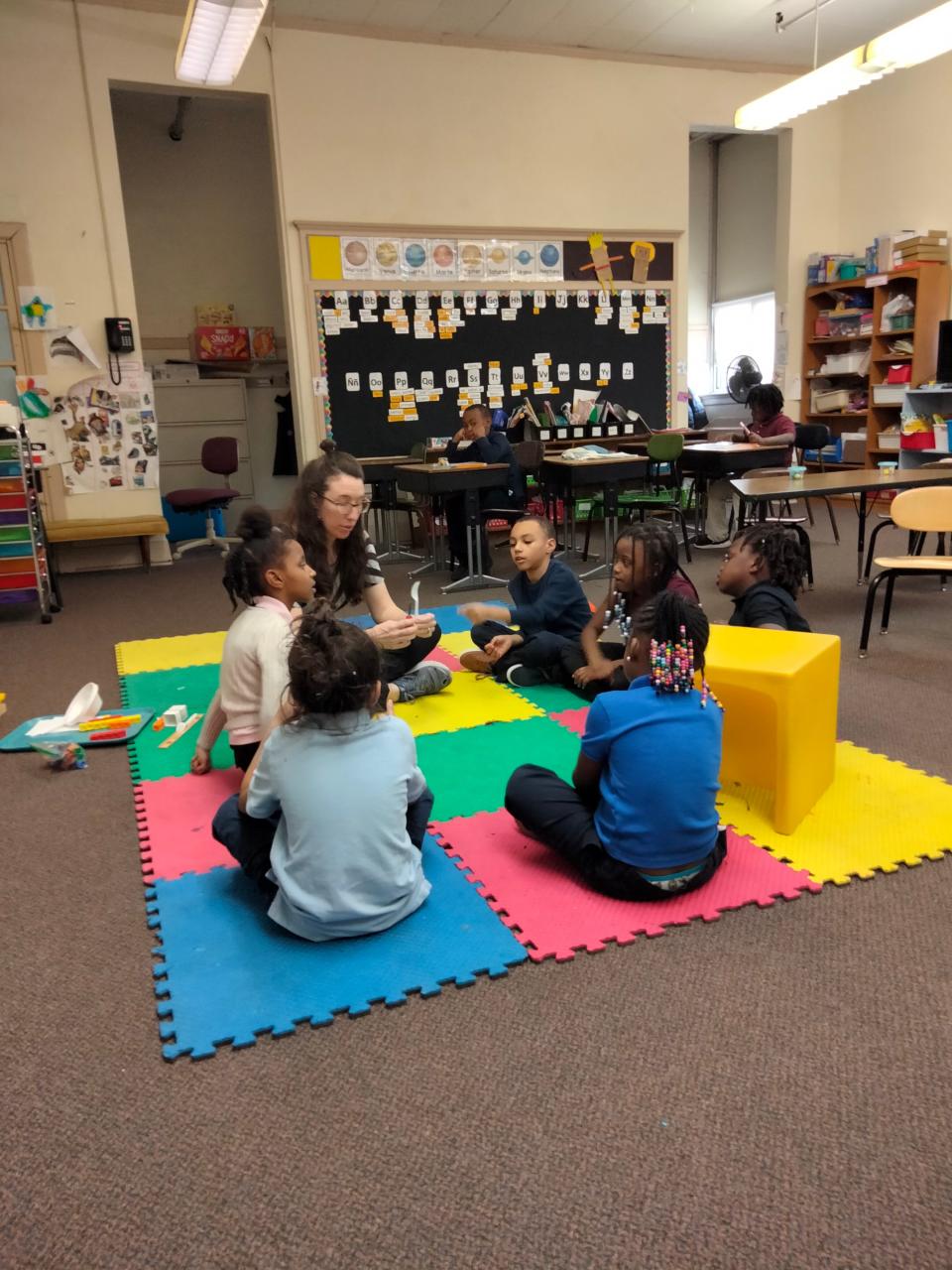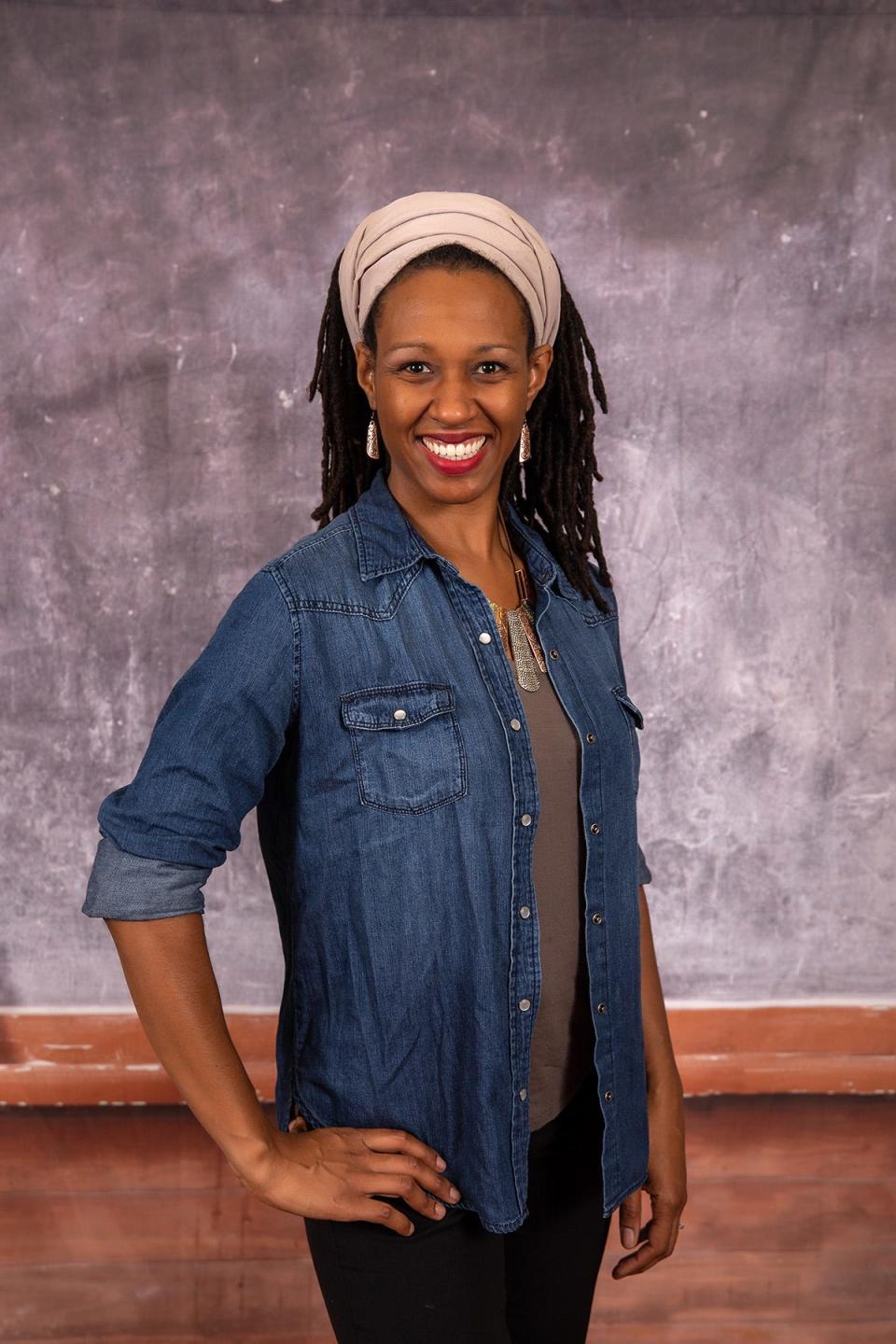Opinion: Iowa private school benefits from school choice; wish there were more like them
Over the past couple of months, as I watched an expansive school choice program implemented in Iowa, I kept thinking about a 2004 study co-authored by Anita Fleming-Rife, whom I’d interviewed for another column. The article was titled, “The More Public School Reform Changes, the More It Stays the Same: A Framing Analysis of the Newspaper Coverage of Brown v. Board of Education.”
The study points out that, during the 1950s, after the Brown decision enforced the integration of public schools, charter school and private school vouchers had its roots in the Deep South — and had racist origins.
For example, after Brown, vouchers gave white parents money taken from public schools to send their kids to charter or private schools, after states such as Arkansas, Virginia, Georgia, and others closed down public schools rather than allow Black children to attend them with white children.
Are some reasons that conservative Republicans staunchly support school choice today the same reasons the South supported vouchers and charter schools more than 70 years ago?
In January, Iowa Starting Line wrote about how numerous Republican officials blamed “woke” school curriculum for part of the need for the school choice bill. Then, after signing the bill, Gov. Kim Reynolds said that her next priority was tackling “woke” curriculum and praised Moms For Liberty, an anti-public school, anti-woke, anti-LGBTQ+, anti-inclusion, extremist group of “joyful warriors,” saying she stands behind them.
"Woke" originated with Black people as early as the 1920s and is used to encompass social justice. But some people have appropriated, maligned and perverted it so that it’s now “a derisive stand-in for diversity, inclusion, empathy and, yes, Blackness,” as Ishena Robinson wrote in an article for the NAACP Legal Defense Fund.
Is today much different than the 1950s? Now, we have “woke” standing in for “Blackness,” and “education savings accounts (ESAs)” standing in for “vouchers,” and “school choice” standing in for “charter schools,” and “defunding public schools” standing in for “closing public schools.”

Black Iowans should use school choice to their advantage
The solution to what ails public schools is not to take money from them but, conversely, it is not just money that is needed to fix them. Numerous articles have detailed how public schools have been failing Black children and other children of color for years, citing achievement gaps, excessive detentions and expulsions, lack of teachers of color, inaccurate or no teaching of Black history, and more. Black Iowa News suggested 21 ways teachers could uplift Black students.
Of the 1,300 Black parents surveyed by EdChoice in March, 79% supported vouchers, 74% supported charter schools and 78% supported education savings accounts.
So, if “anti-woke” Moms-For-Liberty followers can use ESAs to their advantage, why shouldn’t woke — by the Black definition — Iowans use school choice to their advantage?
When I stumbled upon Royal Legacy Christian Academy in Waterloo, I was pleased to see the school is doing just that. That is, due to being accredited, the school is able to accept school choice dollars to support its mission of inclusion and diversity while offering a curriculum integrated with Black history and Christ-centered values.
According to co-founder Chassidi Martin, the $7,635 per child ESA amount this year will help tremendously. While the amount doesn’t cover all of the expenses associated with each student — the cost this year is $24,368 per student — it will cover tuition and most of their fees. For the additional expenses, the school will rely on fundraising.

“It's tremendous for our school to not have to spend as much energy to cover some of those basic operational expenses being covered by the ESA,” said Martin.
Inclusion, diversity and bilingualism
Prior to co-founding Royal Legacy, Martin didn’t see many Christian schools in Iowa that were culturally diverse, affordable or accessible.
That’s why she feels it’s important that this school be all of those things.
The student population includes Black, white and Latino students. Leaders want any child to be able to attend, in spite of family income.
“We don't cherry-pick like a lot of other schools possibly do. Our selection process isn’t based on an entrance exam. If we're able to serve your child, we want you to come to our school,” she said. Martin added that Royal Legacy is open with parents about students it cannot accommodate, such as those with severe behavior problems.
Martin’s friend and co-founder, Kendell Helmer, is a licensed Spanish teacher who believes that everybody should be at least bilingual: “Her heart was the Hispanic community and the immigrants and some of their narratives of coming here from a different country and making their way.”
So, they included a Spanish Immersion program.
This means that from early elementary school until fifth grade, 100% of the student’s academics will be taught in Spanish. While English instruction will start in third or fourth grade, the goal is for students to be fluent and equally proficient in all four competencies — reading, writing, speaking and understanding — in both English and Spanish.
For the 2023-24 school year, they were able to hire a full-time Spanish teacher through the Visiting Teachers from Spain Program offered by the Iowa Department of Education. It’ll only be for kindergarten and first grade students, but they’re hoping to hire two or three more teachers next year.
Integrating Black history is imperative
“I think sometimes we feel pressure as Black people to say, ‘all people, everybody,’ when in reality this nation was built on our backs and it is important for us to tell our narrative,” Martin said. “We don't have to apologize for intentionally teaching that our history is a vital part of the fabric of what this nation is today, and it would not be the nation that it is today if it was not for the free labor that was provided by our ancestors for over 200 years.”
Martin acknowledges that every ethnic group has had an integral part in building the nation. “But our story is unique,” she said. “We did not come here voluntarily, and the nation was afforded a jump start economically because of the travesty of slavery.”
So Royal Legacy Christian Academy unapologetically teaches Black history in a way that Martin believes is age-appropriate and Christ-centered.
As Black history and a myriad of books are being banned so as not to make white children feel uncomfortable, Martin’s inclusive approach to teaching necessary topics is worth including.
“We teach our students to be a lover of truth and to be lovers of justice. And if you are those things, no matter what your ancestors did in the past, you are a freedom fighter and we can celebrate together."
The Christian gospel is central.
"We teach that everybody works together for freedom and everybody still needs to work together for freedom and for equal rights and for justice and that freedom and justice is a central part of the gospel message of Jesus Christ that we teach here," Martin said. "Christ came to set the captives free, and so none of this is isolated.
"I feel excited to teach all of our students about history in this way because everybody was a part of making a change. You can't find a time in history where there weren't Blacks and whites working together side by side fighting for freedom, you know?
"We can all weep together. We can all fight together.”
School choice is not THE solution
Unfortunately, there aren’t enough private schools like Royal Legacy that integrate Black history, inclusion, cultural diversity, bilingualism and Christ-centeredness — or another selection from those attributes — to make it a viable option for many.
School choice does not ensure that Black children or other children of color have equal access to private schools, which can still use cost or other criteria that prevents them from attending or expels them after they’re admitted.
Public schools are necessary and should not be abandoned. Those that have problems need to be fixed. Perhaps part of the impetus in creating a sense of urgency in doing so is as Martin said: “I think it’s important for families to be able to make that (school) choice. Whenever anybody has to compete, the consumer or the students win. And that’s true for any institution.”
Rachelle Chase is an opinion columnist for the Register.
This article originally appeared on Des Moines Register: How school choice in Iowa can center Black history | Opinion

